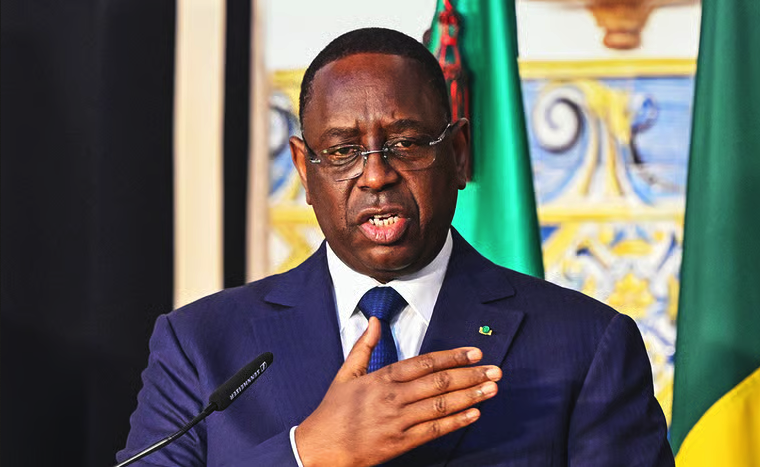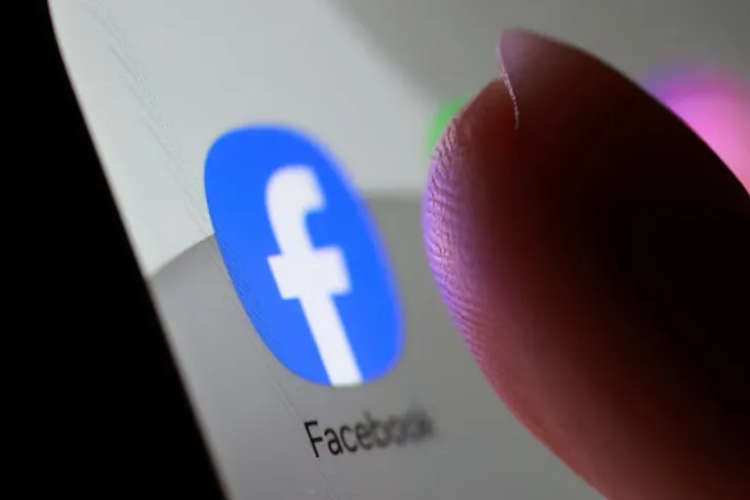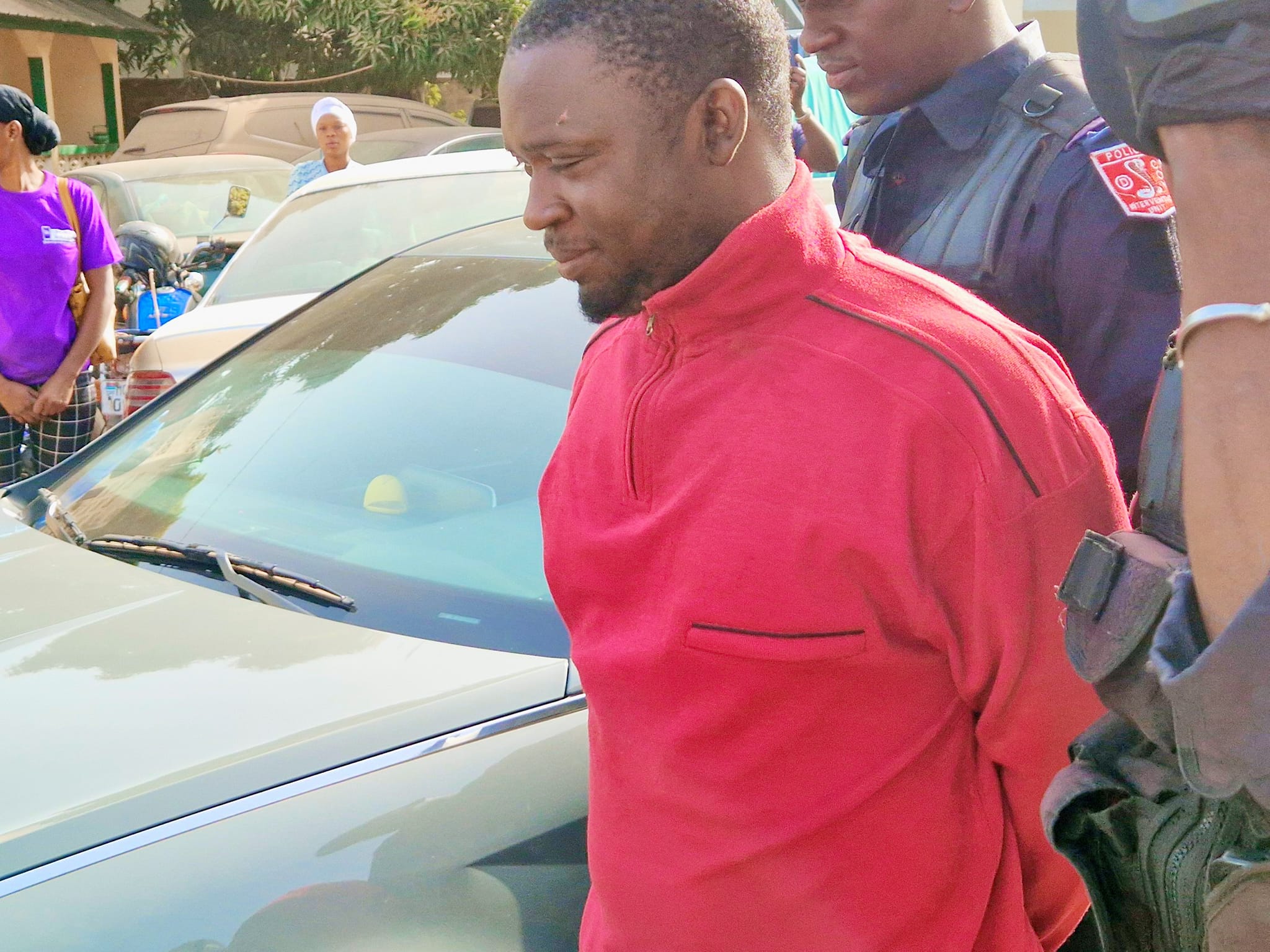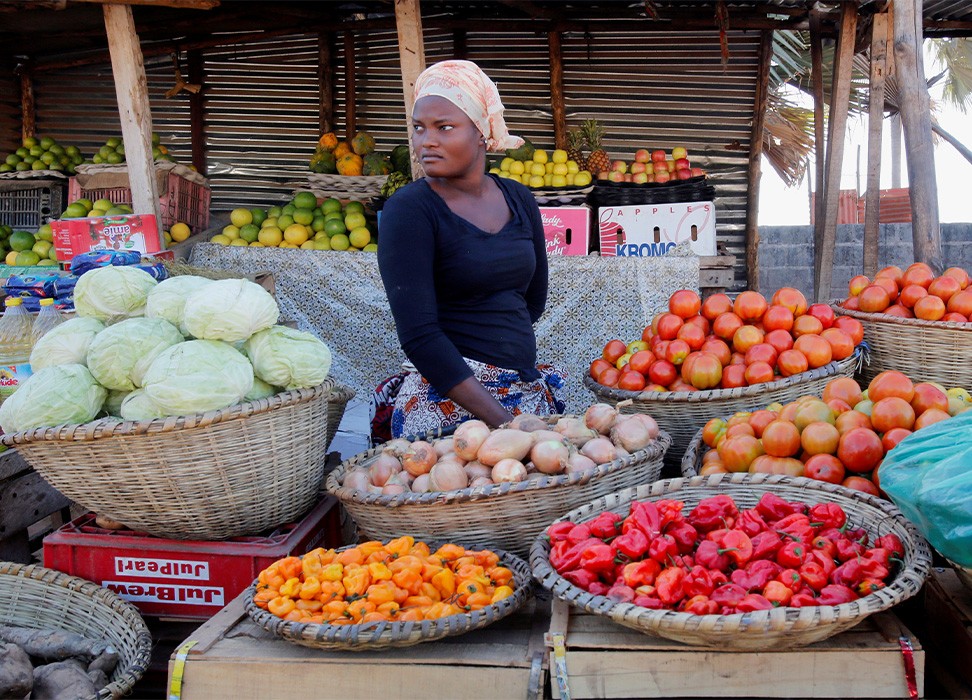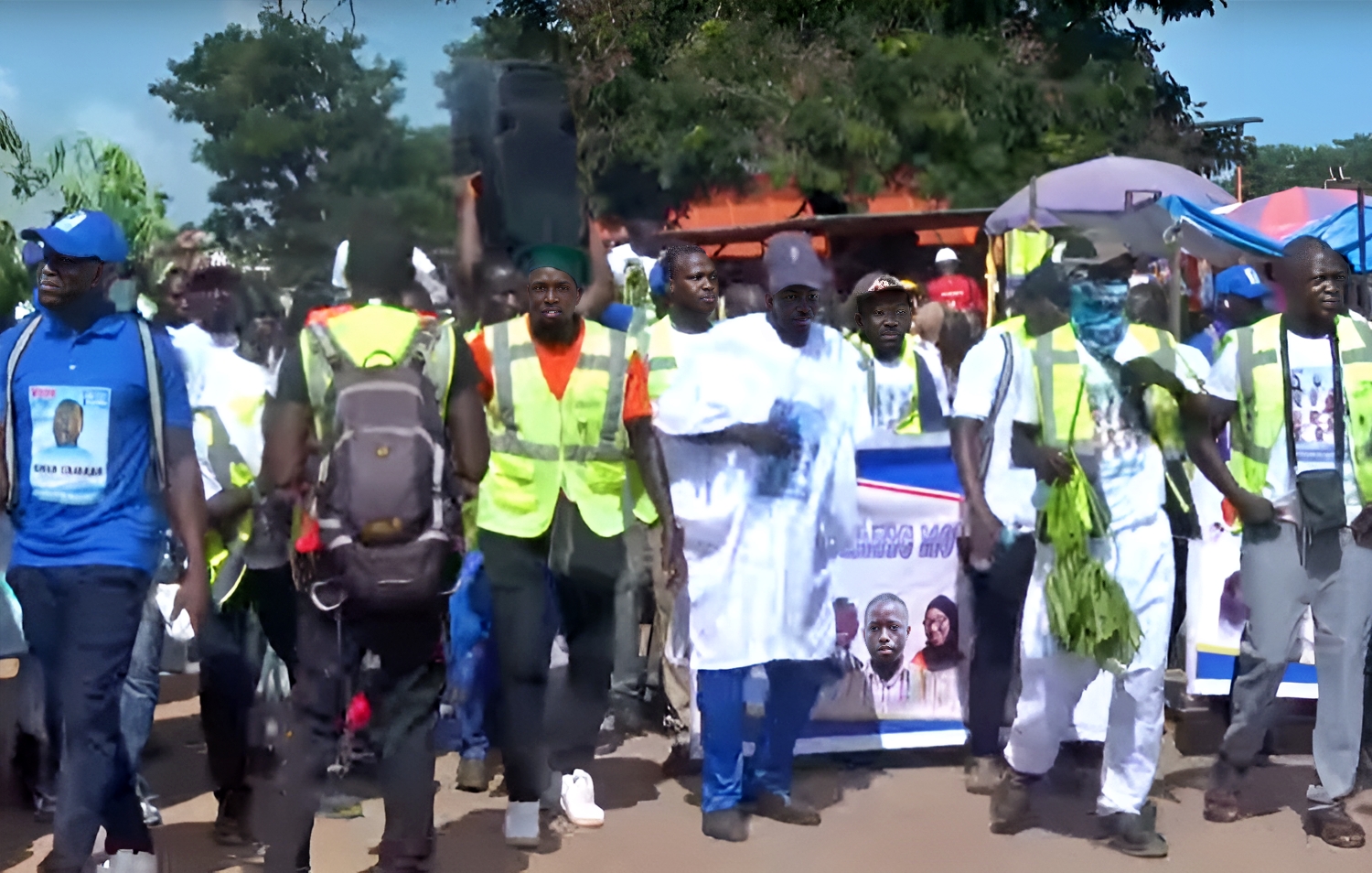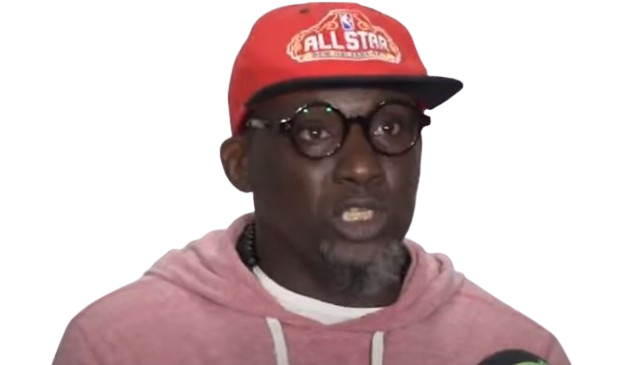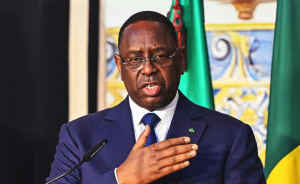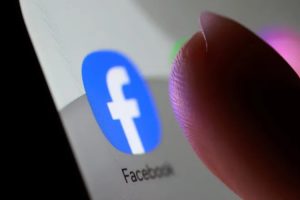Gambiaj.com – (Dakar, Senegal) – The verdict in the trial of controversial activist Assane Diouf has been scheduled for August 7, following a tense hearing before the Dakar Criminal Court. Diouf, who has been in pre-trial detention since March, is being prosecuted for an alleged dissemination of false information and insulting a public authority, namely Prime Minister Ousmane Sonko.
Dressed in a white traditional outfit, Diouf appeared before the judge on charges stemming from a viral video posted on YouTube, in which he accused the head of government of “manipulating the truth” about various matters concerning state governance.
Among the most inflammatory allegations made by Prime Minister Ousmane Sonko and disputed by activist Assane Diouf was a claim of the existence of a secret bank account containing 1,000 billion CFA francs.
Despite efforts by his defense team to secure his provisional release, the judge denied the request. During the hearing, the prosecution argued that the term “premier menteur” (“first liar”), used repeatedly by Diouf in the video, was clearly directed at Prime Minister Sonko, and called for a two-year sentence, six months of which would be served behind bars.
Diouf, however, rejected the accusations, stating that he never explicitly named Sonko. “I am a whistleblower,” he told the court. “I realized that the promises made by the people I once fought alongside were not kept. That’s why I made those statements. I never mentioned Ousmane Sonko — I said ‘first liar.’”
The deputy prosecutor pressed him further, challenging his apparent reluctance to name the Prime Minister outright. “Where is your courage?” the prosecutor asked. “Why hide behind the phrase ‘first liar’ if you stand by your words?”
In his closing remarks, the deputy prosecutor maintained that the intended target of the insults was obvious, insisting that Diouf’s comments were a direct attack on Prime Minister Sonko and merited criminal sanction.
As the court adjourns until the August 7 verdict, the case continues to draw attention in Senegal, where it intersects free speech debates and the country’s polarized political climate.



